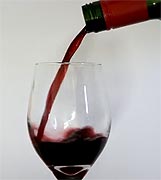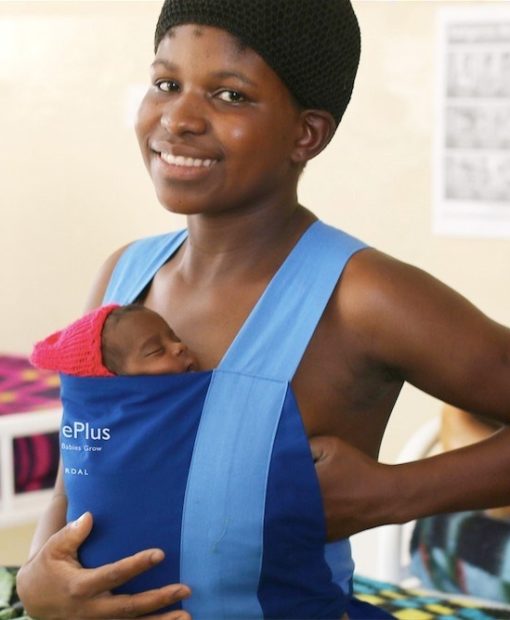Letting Kids Sip Alcohol May ‘Send Wrong Message’

TUESDAY, March 31, 2015 (HealthDay News) — Children who are allowed occasional sips of alcohol are more likely to start drinking by the time they’re in high school, a new study suggests.
Researchers followed 561 middle school students in Rhode Island for about three years. At the start of sixth grade (about age 11), nearly 30 percent of the students said they’d had at least one sip of alcohol.
In most cases, those sips were provided by parents, often at parties or special occasions.
By ninth grade, 26 percent of those who’d had sips of alcohol at a younger age said they’d had at least one full alcoholic drink, compared with less than 6 percent of those who didn’t get sips of alcohol when younger.
The researchers also found that 9 percent of the sippers had gotten drunk or engaged in binge drinking by ninth grade, compared with just under 2 percent of the non-sippers.
The study was published March 31 in the Journal of Studies on Alcohol and Drugs.
The findings don’t prove that sips of alcohol at an early age are to blame for teen drinking, said lead researcher Kristina Jackson, of Brown University’s Center for Alcohol and Addiction Studies, in Providence, R.I.
“We’re not trying to say whether it’s ‘OK’ or ‘not OK’ for parents to allow this,” Jackson said in a journal news release.
She noted that some parents believe that introducing children to alcohol at home teaches them about responsible drinking and reduces the appeal of alcohol.
“Our study provides evidence to the contrary,” Jackson said.
Giving sips of alcohol to young children may send them a “mixed message,” she suggested.
“At that age, some kids may have difficulty understanding the difference between a sip of wine and having a full beer,” Jackson said.
More information
The U.S. Substance Abuse and Mental Health Services Administration discusses how to prevent your child from drinking.

 March 31, 2015
March 31, 2015




 June 26, 2017
June 26, 2017 



